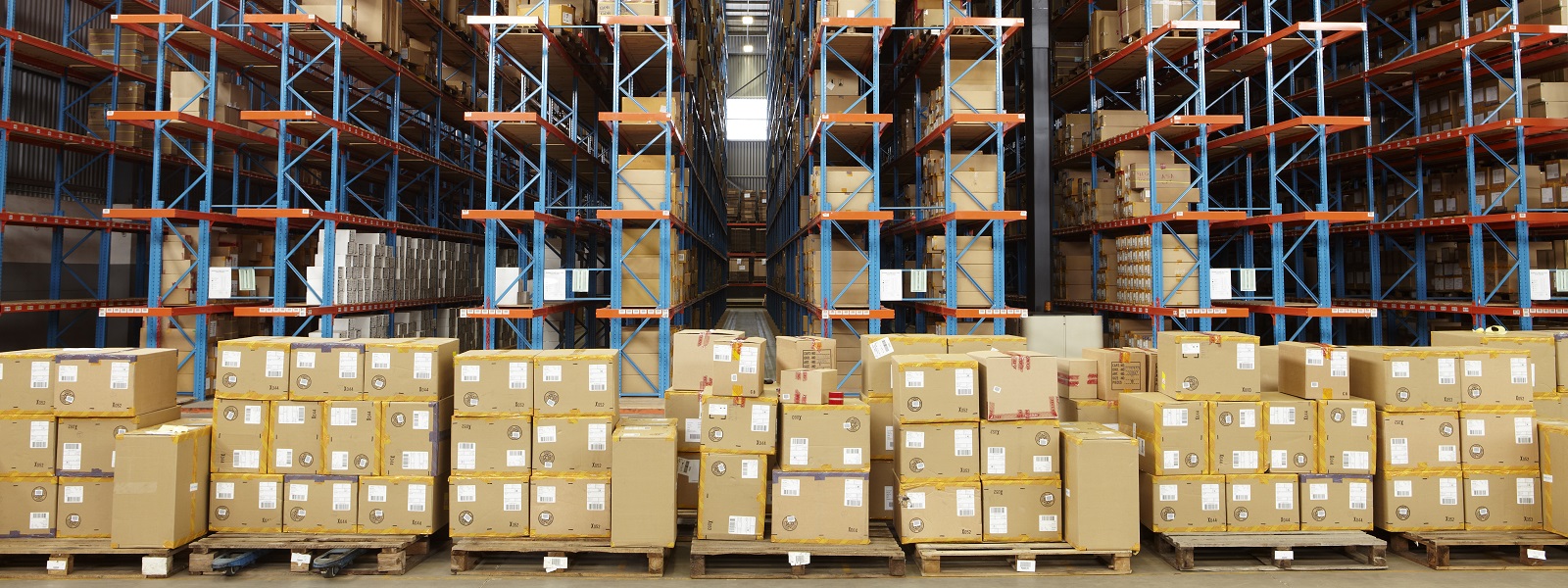Global private equity activity—both exits and buyouts—appeared to suffer in the face of ongoing macroeconomic uncertainty during the third quarter. A total of 1,384 PE deals worth a combined US$219.4 billion were announced in Q3—the lowest quarterly deal value since Q2 2020—the height of the COVID-related disruption in the deal market.
Software deals fuel top-end of market
Following the overall M&A trend, the enduring appeal of TMT assets meant the industry attracted the highest value and volume across all sectors, with a total of 513 PE transactions in the sector in the third quarter of this year, worth a combined US$88.8 billion.
Although this was a significant decrease from Q3 2021 which saw 998 such deals worth US$187.8, it is still more than three times the value of the next most active sector, industrials and chemicals which recorded 208 transactions worth US$26.2 billion in total.
Reflecting the sector’s dominance in global PE activity, five of the top 10 PE-related transactions this quarter targeted TMT firms. This includes the highest valued deal of the year: US investment firm Vista Equity Partners’ buyout of US-based Avalara, a provider of tax compliance automation, valued at US$8.8 billion.
Avalara plans to use the investment to improve its go-to-market strategy, expand its international workforce, and streamline its systems architecture, while continuing to pursue M&A opportunities.
The third quarter also saw some significant exit transactions in the software space—for example US PE firm Thoma Bravo’s US$3.7 billion sale of Frontline Education to US Roper Technologies. The purchase is part of the diversified industrial company’s long-term strategy to reposition itself as a software firm.
Energy transition investment drives deals
Among the largest PE transactions of the quarter was US institutional investor EIG Global Energy Partner’s acquisition of a 25% stake in Repsol Upstream, a newly formed company comprising Repsol’s entire global upstream oil and gas business.
The buyout, valued at US$4.8 billion, allows the Spanish energy group to maintain the strategic direction of its upstream unit, which has set the strategic goal of reducing its carbon intensity 75% by 2025. At the same time, it will enable the energy group to expand its multi-energy profile in order to achieve its goal of zero net carbon emissions by 2050. Specifically, EIG’s injection of capital will enable Repsol to support the growth of renewable power generation, renewable fuels, and circular products segments.
Private equity firms have been quick to enter the race in the global transition to a low-carbon economy. It is clear to see why, with economic forecasters, including Credit Suisse, predicting the undertaking will cost around US$100 trillion, with most of this money coming from private sources.
Air travel attracts investment, despite challenges
The air travel industry continues to attract some big-ticket deals as it looks to bounce back post-pandemic. In August, a consortium led by Apollo Global Management took US cargo airline Atlas Air private in a deal valued at US$4.7 billion.
The buyout deal highlights investor faith in the future growth of the air cargo industry, which has witnessed renewed growth driven by pent-up consumer demand post-pandemic. Yet the industry still faces numerous challenges, including inflationary pressures and staff shortages, which are causing considerable uncertainty in the market.
Despite these ongoing challenges, the investors were reportedly attracted by Atlas’ strong financial performance, which accelerated post-pandemic, as well as positive forecasts for e-commerce and cross-border trade that rely on cargo jets, such as those supplied by Atlas.
Japan’s conglomerates seek to streamline
Another trend which could pick up steam in the coming months is PE acquisitions of corporate carve-outs from Japanese conglomerates. Where once these firms were content to remain diversified giants, many have faced pressure to streamline and sell off non-strategic assets in order to focus on their core competencies.
Q3 of 2021 saw Olympus announce the sale of its Scientific Solutions Division—renamed Evident—to US PE firm Bain for US$3.1 billion. The transaction follows KKR’s announced acquisition of Hitachi’s transport business earlier this year for US$6 billion.
Outlook
While global PE firms still have a large amount of dry powder at their disposal, it appears that the multitude of challenges they are facing—from rising interest rates to geopolitical conflict and regulatory scrutiny—are beginning to take their toll on the industry.
Faced with costlier debt, PE firms may seek to use more equity in their deal structures. But with strong pressure to deploy their committed capital, buyout firms are far from likely to stop the flow of deals—although the amount of activity will be significantly lower than the blockbuster levels of 2021.





